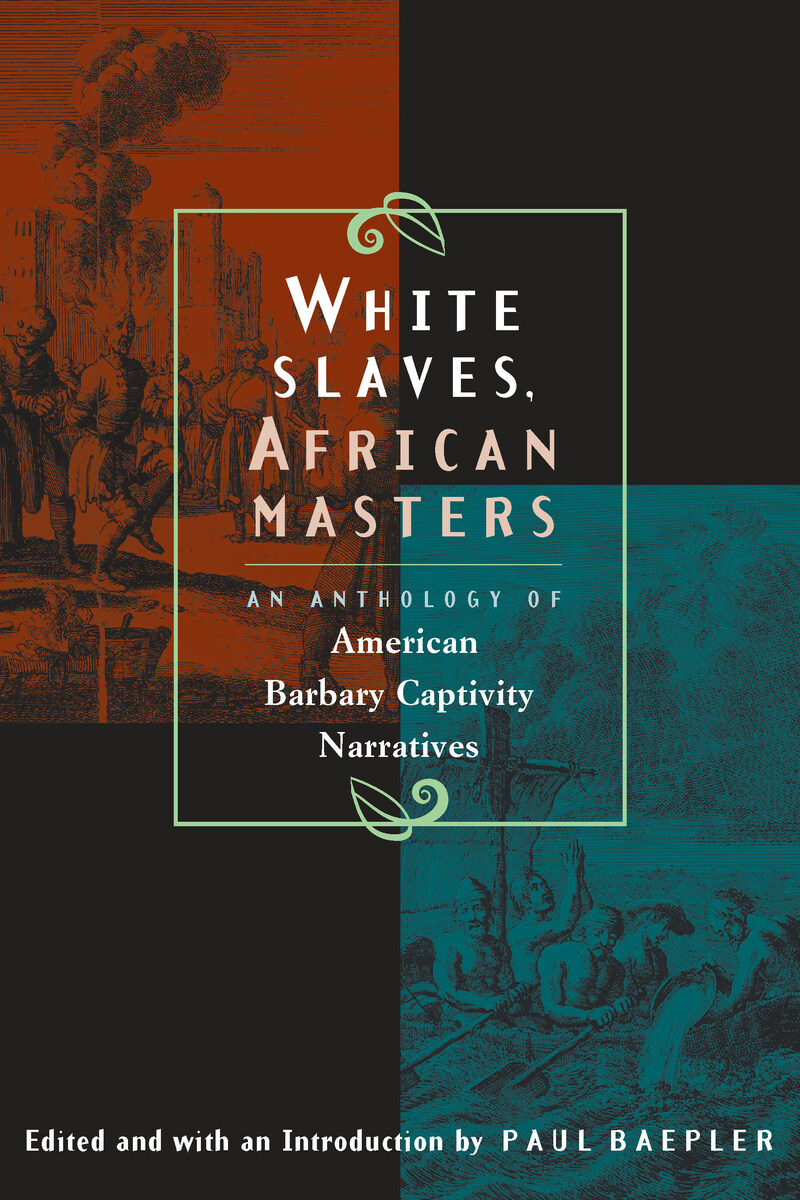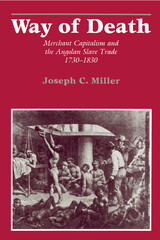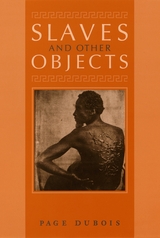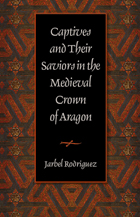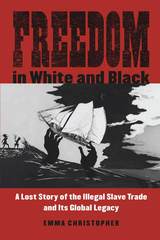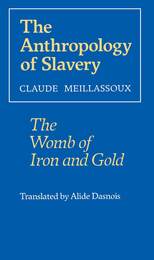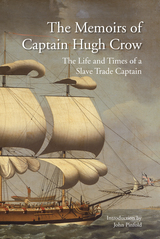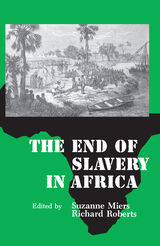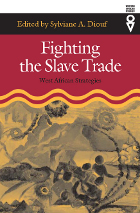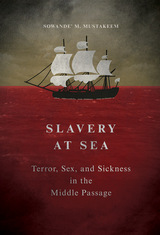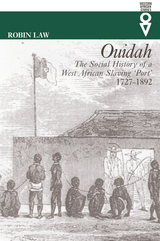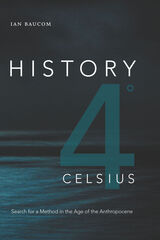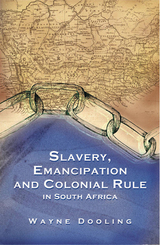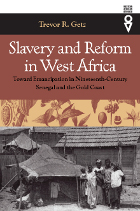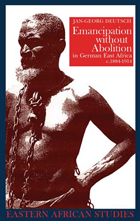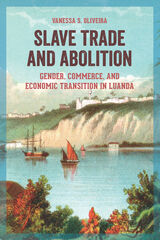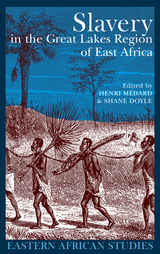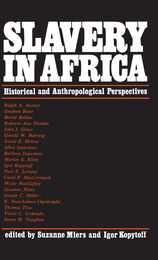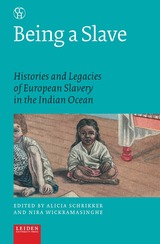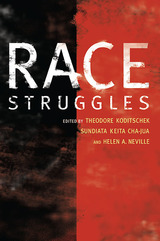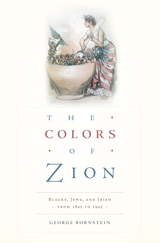White Slaves, African Masters: An Anthology of American Barbary Captivity Narratives
University of Chicago Press, 1999
Paper: 978-0-226-03404-1 | Cloth: 978-0-226-03403-4
Library of Congress Classification HT1345.W47 1999
Dewey Decimal Classification 305.567092261
Paper: 978-0-226-03404-1 | Cloth: 978-0-226-03403-4
Library of Congress Classification HT1345.W47 1999
Dewey Decimal Classification 305.567092261
ABOUT THIS BOOK | TOC | REQUEST ACCESSIBLE FILE
ABOUT THIS BOOK
Some of the most popular stories in nineteenth-century America were sensational tales of whites captured and enslaved in North Africa. White Slaves, African Masters for the first time gathers together a selection of these Barbary captivity narratives, which significantly influenced early American attitudes toward race, slavery, and nationalism.
Though Barbary privateers began to seize North American colonists as early as 1625, Barbary captivity narratives did not begin to flourish until after the American Revolution. During these years, stories of Barbary captivity forced the U.S. government to pay humiliating tributes to African rulers, stimulated the drive to create the U.S. Navy, and brought on America's first post-revolutionary war. These tales also were used both to justify and to vilify slavery.
The accounts collected here range from the 1798 tale of John Foss, who was ransomed by Thomas Jefferson's administration for tribute totaling a sixth of the annual federal budget, to the story of Ion Perdicaris, whose (probably staged) abduction in Tangier in 1904 prompted Theodore Roosevelt to send warships to Morocco and inspired the 1975 film The Wind and the Lion. Also included is the unusual story of Robert Adams, a light-skinned African American who was abducted by Arabs and used by them to hunt negro slaves; captured by black villagers who presumed he was white; then was sold back to a group of Arabs, from whom he was ransomed by a British diplomat.
Long out of print and never before anthologized, these fascinating tales open an entirely new chapter of early American literary history, and shed new light on the more familiar genres of Indian captivity narrative and American slave narrative.
"Baepler has done American literary and cultural historians a service by collecting these long-out-of-print Barbary captivity narratives . . . . Baepler's excellent introduction and full bibliography of primary and secondary sources greatly enhance our knowledge of this fascinating genre."—Library Journal
Though Barbary privateers began to seize North American colonists as early as 1625, Barbary captivity narratives did not begin to flourish until after the American Revolution. During these years, stories of Barbary captivity forced the U.S. government to pay humiliating tributes to African rulers, stimulated the drive to create the U.S. Navy, and brought on America's first post-revolutionary war. These tales also were used both to justify and to vilify slavery.
The accounts collected here range from the 1798 tale of John Foss, who was ransomed by Thomas Jefferson's administration for tribute totaling a sixth of the annual federal budget, to the story of Ion Perdicaris, whose (probably staged) abduction in Tangier in 1904 prompted Theodore Roosevelt to send warships to Morocco and inspired the 1975 film The Wind and the Lion. Also included is the unusual story of Robert Adams, a light-skinned African American who was abducted by Arabs and used by them to hunt negro slaves; captured by black villagers who presumed he was white; then was sold back to a group of Arabs, from whom he was ransomed by a British diplomat.
Long out of print and never before anthologized, these fascinating tales open an entirely new chapter of early American literary history, and shed new light on the more familiar genres of Indian captivity narrative and American slave narrative.
"Baepler has done American literary and cultural historians a service by collecting these long-out-of-print Barbary captivity narratives . . . . Baepler's excellent introduction and full bibliography of primary and secondary sources greatly enhance our knowledge of this fascinating genre."—Library Journal
See other books on: American prose literature | Americans | Anthology | Enslaved persons | Slaves
See other titles from University of Chicago Press
